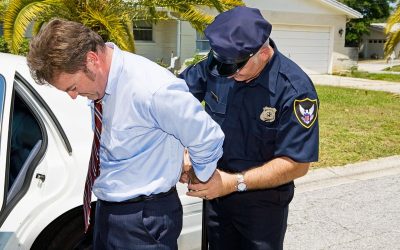The question of liability apportionment between negligent parties has been debated for years. Every jurisdiction has a different answer, and whether a person can gain compensation for their claim depends on state law. Below, readers will learn about different fault apportionment systems, and they will also learn how Personal Injury Lawyers in Live Oak FL use the state’s comparative negligence rules to get clients what they deserve.
Comparative Fault
A common system used to determine whether an at-fault victim will receive compensation is known as comparative negligence or fault. Under such a system, if the jury or judge determines that a victim is even one percent responsible for his or her injuries, they can recover nothing from the party carrying 99% of the responsibility. Legislators everywhere see the injustice built into this system, and today, only two states still follow the comparative fault doctrine.
Pure Comparative Negligence
The state of Florida follows the system of pure comparative fault, where a victim’s negligence doesn’t bar recovery. However, the victim’s recovery will be limited according to his or her share of fault. For instance, if a jury finds that a victim is 75% responsible for an accident, they will be able to recover 25% of their damages from the defendant.
Modified Comparative Negligence
Many lawmakers say that pure comparative fault systems are unfair because they allow primarily at-fault parties to recover from less negligent actors. Accordingly, some states use the modified comparative negligence system, where an injured party can recover only if they are less than 50 or 51% liable. For example, if a person is found 49% responsible for an accident, they can recover 51% of their damages.
Joint and Several Liability
When more than two parties are at fault for an accident, Personal Injury Lawyers in Live Oak FL may seek to recover damages from all involved. Florida no longer uses joint and several liability which allowed a victim to decide which party they’d pursue for damages. As such, a person involved in a multi-vehicle accident is only responsible for the damage attributable to them.
Call a Personal Injury Lawyer for a Free Evaluation
If a person is injured and is concerned about his or her potential share of fault, a qualified personal injury lawyer can share information on Florida’s doctrine of comparative fault. Call the firm today or visit Northfloridaautoaccidentlawyer.com for more information.



